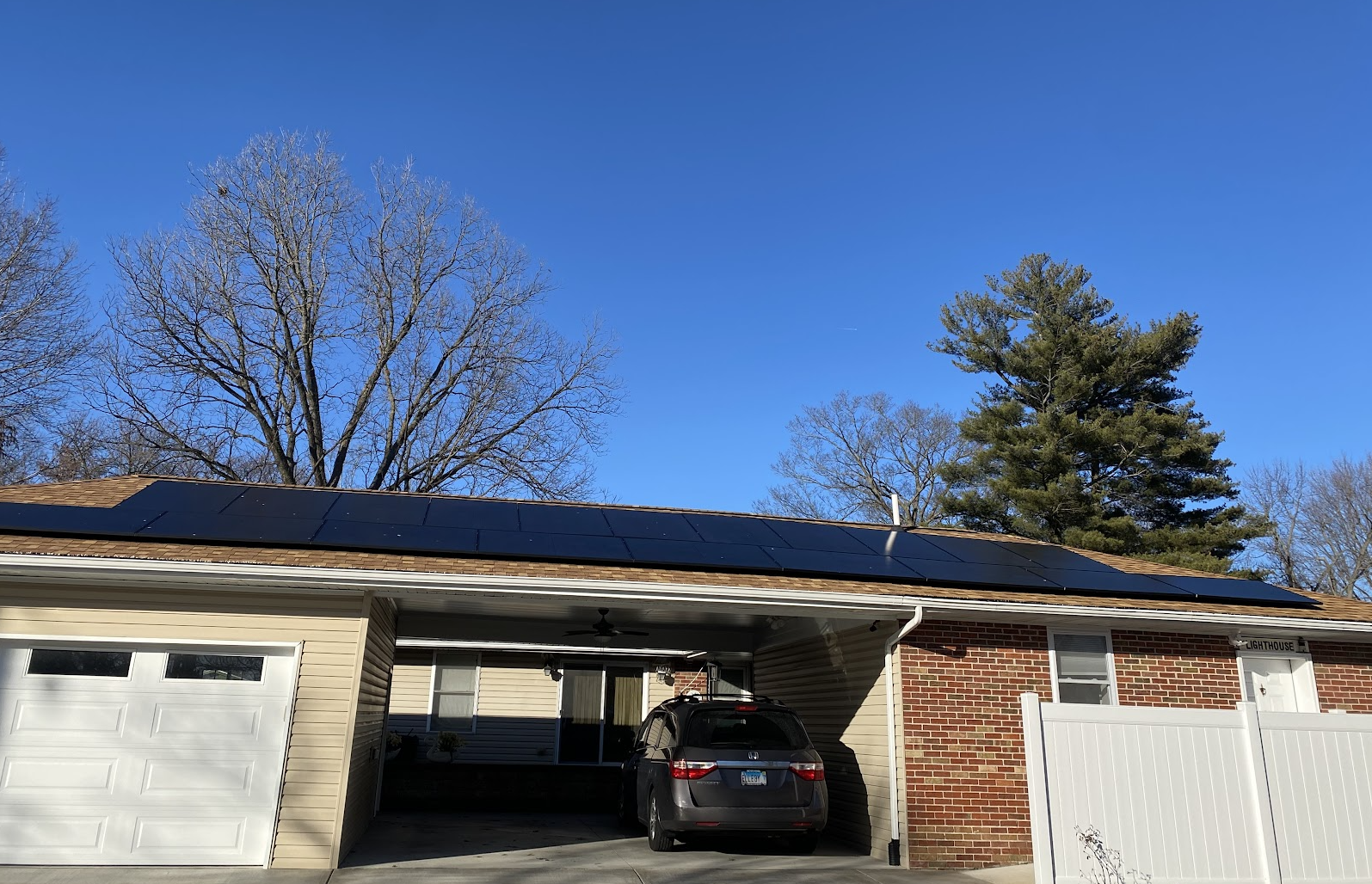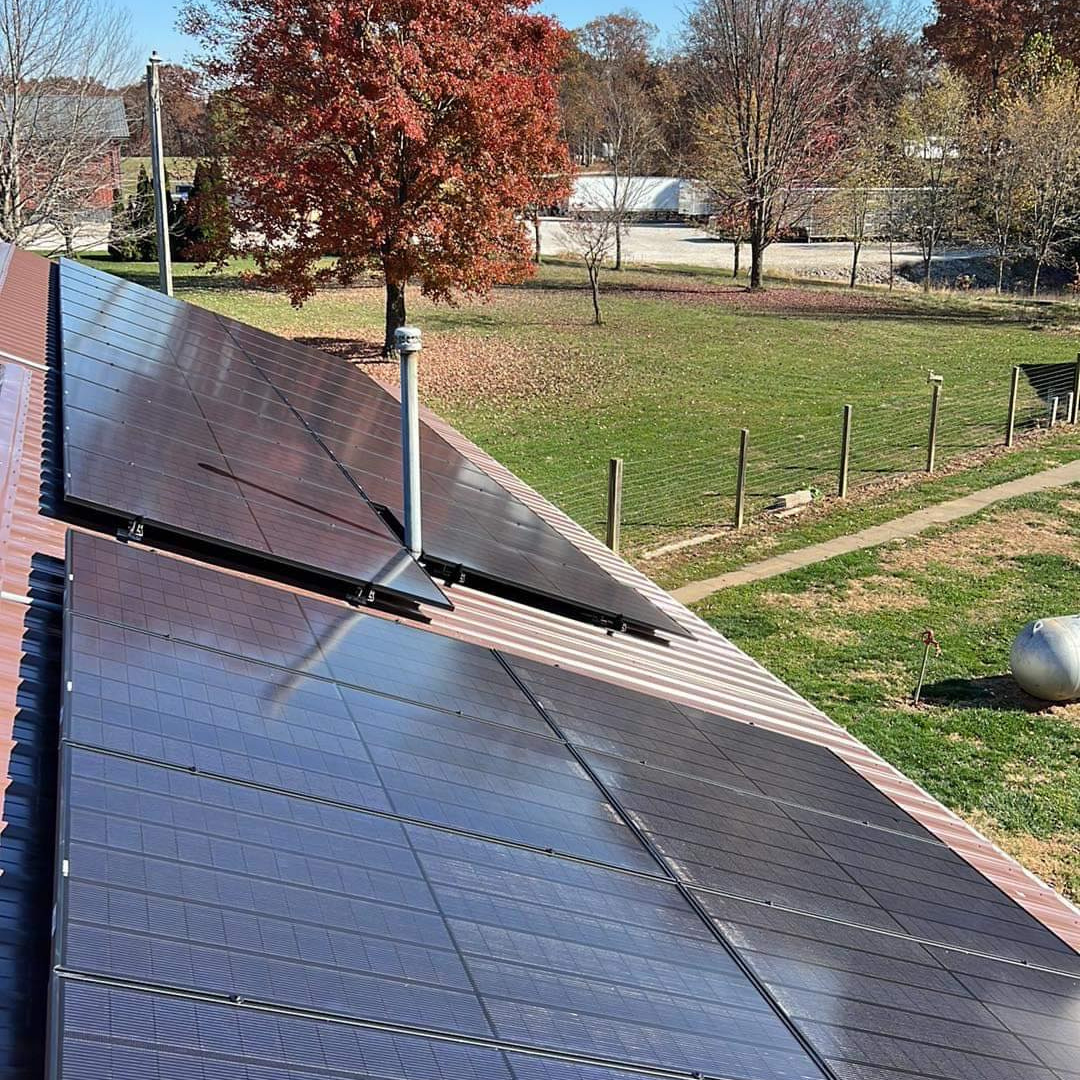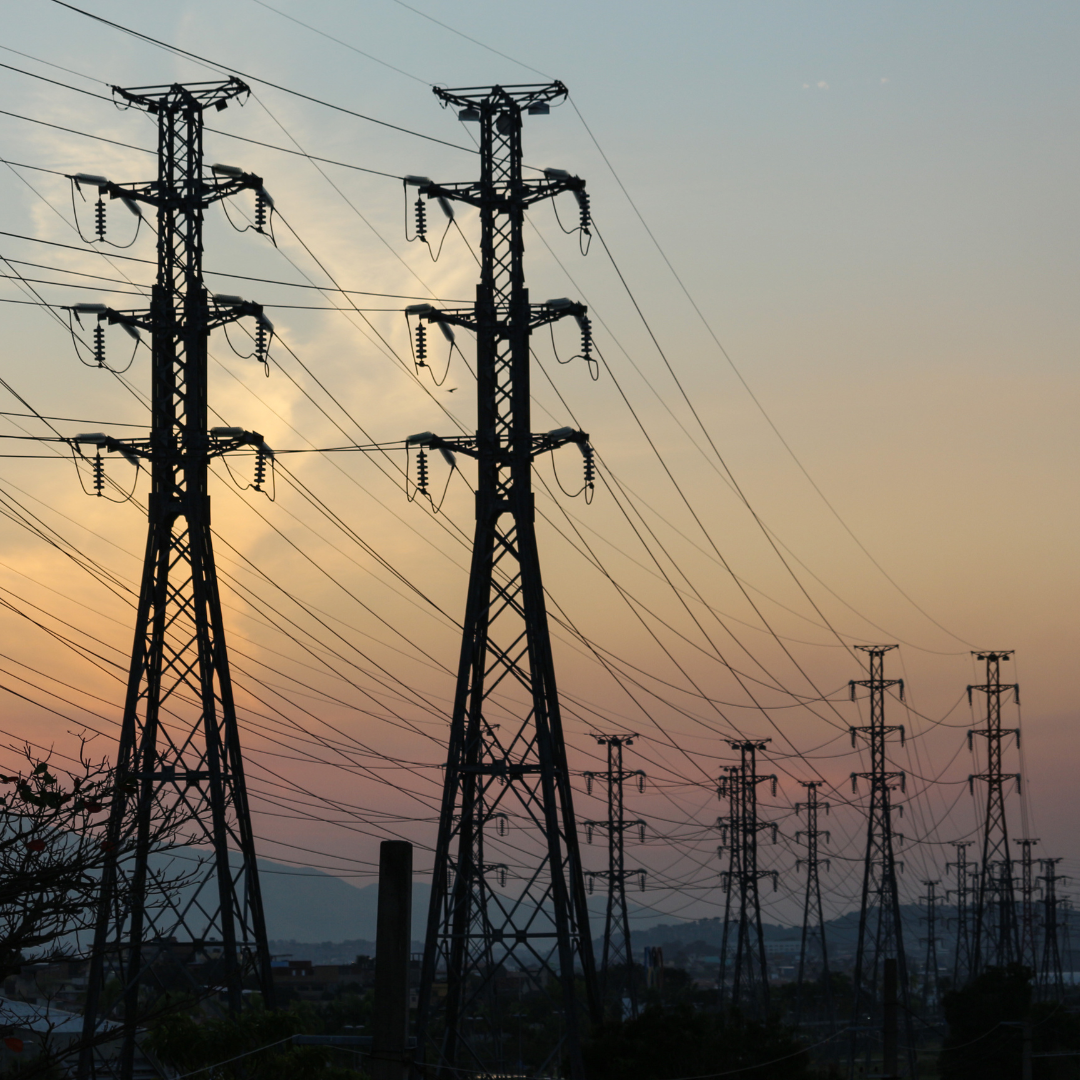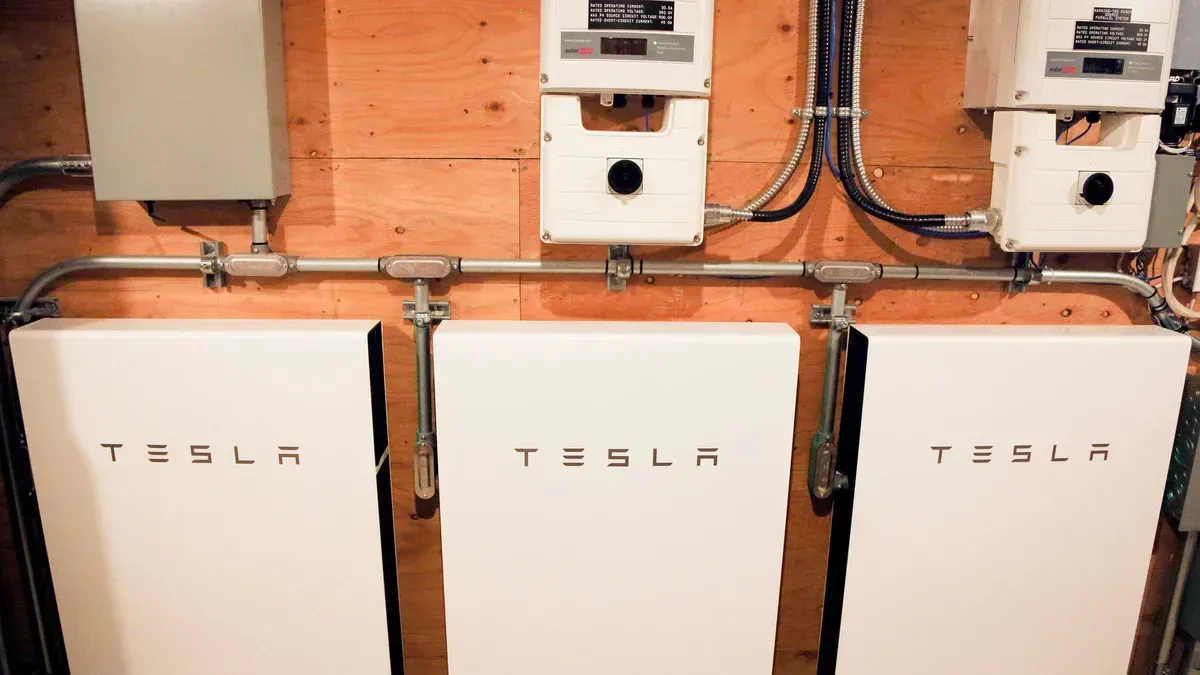A Deep Dive on the EG4 Backup Battery
For many homeowners, energy independence is the dream. Relying on traditional grid power comes with the constant worry of blackouts, rising electricity costs, and unpredictable outages. That’s why so many people are making the switch to solar energy. But having solar panels alone isn’t enough—you need a reliable way to store that energy for use when the sun isn’t shining. That’s where batteries come in, and one name that often comes up is EG4. But are EG4 batteries truly the best option for your solar setup? Let’s break it down.
What Makes EG4 Batteries Stand Out?
At SunSent Solar, we help homeowners make informed decisions about their solar and backup power systems. EG4 batteries have been gaining traction in the renewable energy space, especially their LifePower4 48V 100Ah lithium battery. Here’s what makes them an attractive option:
- Lithium Iron Phosphate (LiFePO4) Chemistry: Unlike traditional lead-acid batteries, EG4 batteries use LiFePO4, which is known for its safety, stability, and long lifespan.
- High Capacity and Voltage Compatibility: With a 100Ah capacity and 48V output, these batteries integrate seamlessly with most residential solar energy systems.
- Long Lifespan: LiFePO4 batteries last significantly longer than lead-acid alternatives, meaning fewer replacements and lower long-term costs.
- Energy Efficiency: EG4 batteries boast high efficiency, meaning more of your stored solar energy is actually used rather than lost in the conversion process.
- Resilience in Extreme Conditions: Whether it’s intense heat or freezing temperatures, EG4 batteries are built to withstand harsh environments.
Pros and Cons of EG4 Batteries for Solar Storage
No battery is perfect, so it’s essential to weigh the advantages and potential drawbacks before making a decision.
Advantages of EG4 Batteries:
✅ Longevity & Reliability: EG4 batteries last thousands of cycles, meaning they can provide reliable power storage for years without frequent replacements.
✅ High Efficiency: Compared to lead-acid batteries, they offer better efficiency, allowing homeowners to get the most out of their solar power.
✅ Advanced Battery Management System (BMS): The built-in BMS helps regulate charge and discharge cycles, ensuring maximum performance and longevity.
✅ Eco-Friendly: With no toxic materials like lead or acid, these batteries are a more sustainable option for solar storage.
Potential Drawbacks:
⚠ Higher Upfront Cost: While EG4 batteries save money in the long run, their initial investment can be more significant than cheaper alternatives.
⚠ Technical Expertise Required: Proper installation often requires professional knowledge to ensure compatibility and efficiency with your solar setup. SunSent Solar can help with this process, ensuring your system is set up correctly from the start.
Why a Battery Management System (BMS) Matters
One of the standout features of EG4 batteries is their Battery Management System (BMS). This built-in system ensures that your battery operates safely and efficiently by:
- Regulating charge states to prevent overcharging or deep discharges
- Balancing cells for maximum longevity
- Managing thermal protection to avoid overheating
- Optimizing charge and discharge cycles for prolonged battery health
A high-quality BMS is crucial for maintaining the safety and efficiency of your battery, making EG4 batteries a great choice for solar applications.
How EG4 Batteries Perform in Off-Grid and Backup Power Scenarios
If you’re considering going off-grid or need a reliable backup power solution, EG4 batteries offer several advantages:
- Off-Grid Power: Their high cycle life and energy efficiency make them ideal for off-grid living, where reliability is key.
- Emergency Backup: In case of grid outages, EG4 batteries provide seamless backup power, ensuring your essential appliances keep running.
- Remote Monitoring: Some EG4 models allow for performance tracking, giving you real-time data on your battery’s health and efficiency.
SunSent Solar: Your Trusted Solar & Battery Experts
Choosing the right battery for your solar system is a crucial decision, and at SunSent Solar, we’re here to help. Whether you’re considering EG4 batteries or exploring other options, our team of experts can guide you to the best solution for your energy needs.
We specialize in solar panel installation, battery backup solutions, and complete energy independence strategies. If you’re looking for a professional team to design and install a solar system that fits your home’s needs, SunSent Solar is your go-to expert.
FAQs from Solar Guys Pro
Q: What are the benefits of the EG4 LifePower4 48V 100Ah Lithium Battery?
A: It’s durable, efficient, and ideal for solar storage, RVs, and off-grid systems, with long life cycles and deep discharge capabilities.
Q: How does the EG4-LL battery compare to others?
A: It offers high energy density, a long lifespan, and easy integration with solar systems.
Q: What is the warranty period?
A: Typically 10 years or a set number of cycles—check details at purchase.
Q: Is it good for DIY solar projects?
A: Yes, it’s modular and compatible with various solar setups.
Q: What maintenance does it require?
A: Minimal—just check connections and keep it within the recommended temperature range.
Q: How much energy can it store?
A: Up to 14.3 kWh, suitable for residential and utility-scale projects.
Q: Is it UL certified?
A: Yes, it meets UL 9540A safety standards.
Q: What is its lifespan?
A: Over 3,500 cycles at 80% depth of discharge.
Q: Can it be used in server racks?
A: Yes, it provides reliable power for critical systems.
Q: Why do solar users prefer it?
A: Its strong performance, efficiency, long life, and low maintenance.
Conclusion: Is EG4 the Best Battery for Your Solar System?
While EG4 batteries offer outstanding performance, safety, and longevity, the right battery choice ultimately depends on your specific energy needs, budget, and goals. If you’re looking for a high-quality, long-lasting battery with advanced features, EG4 is a strong contender.
Want to learn more about why your home should have a back up battery? Read our latest blog here.










